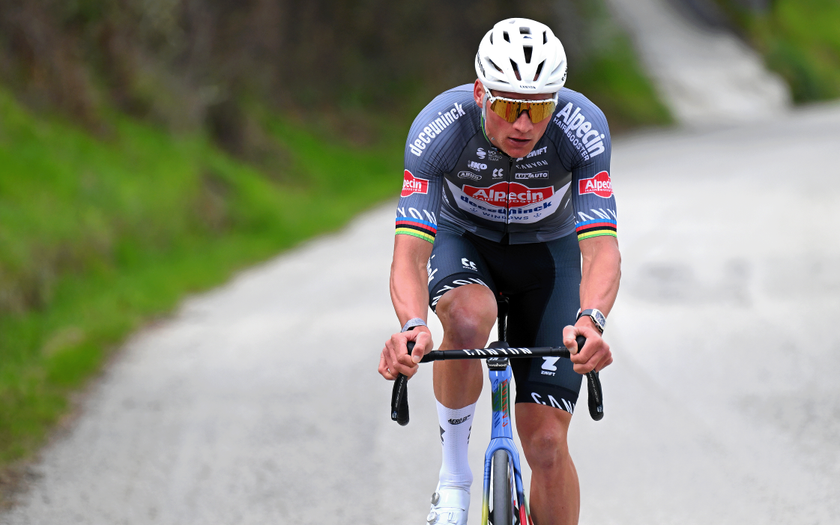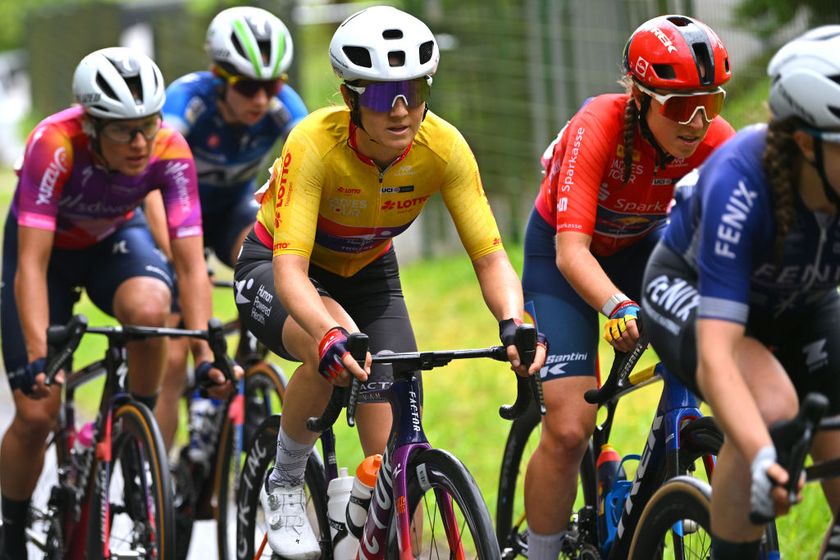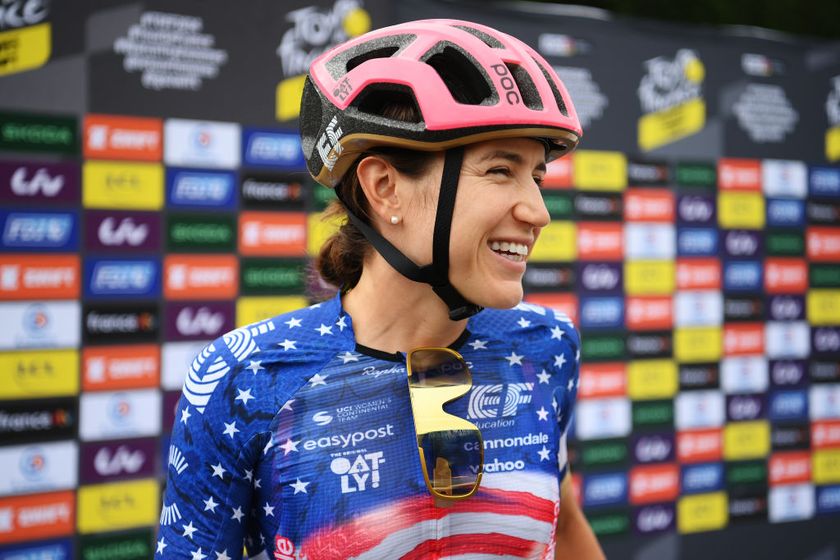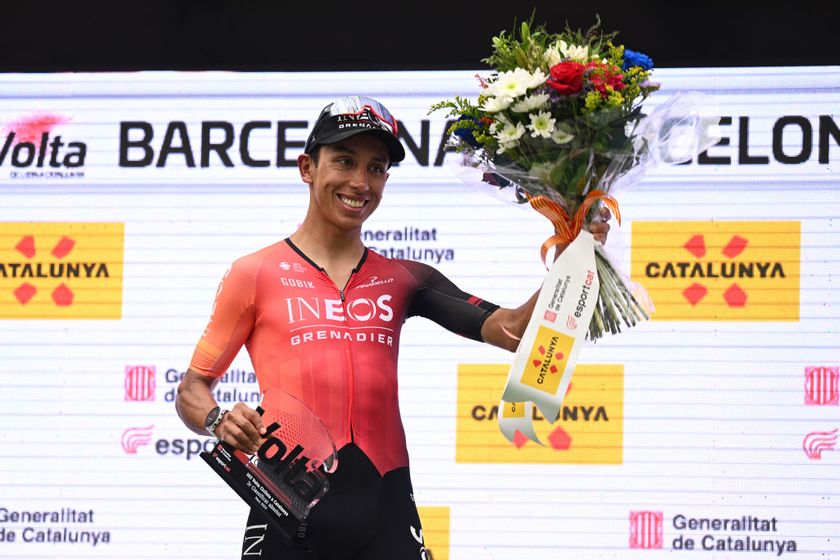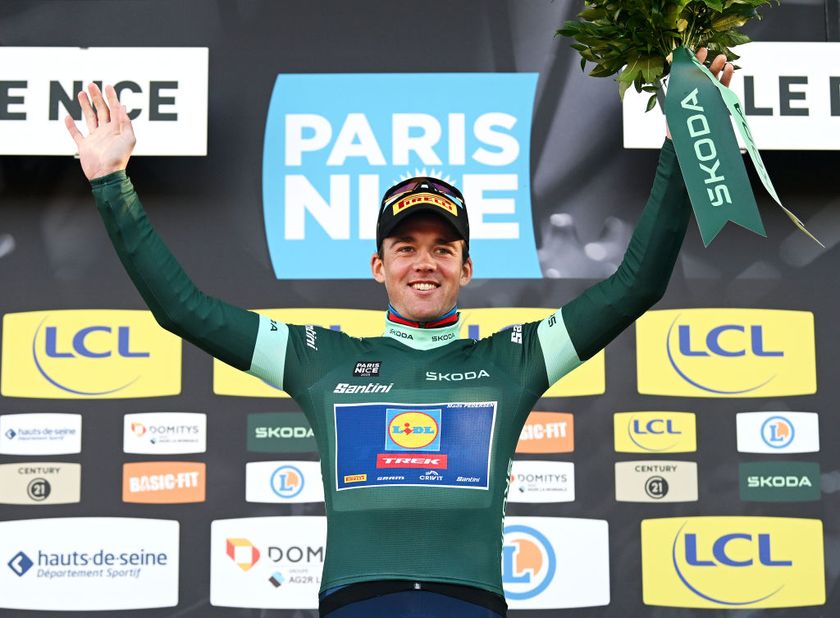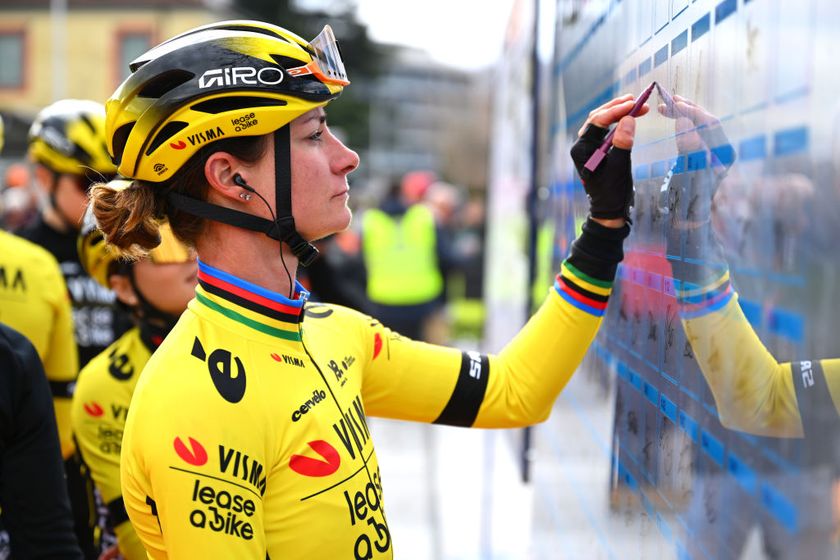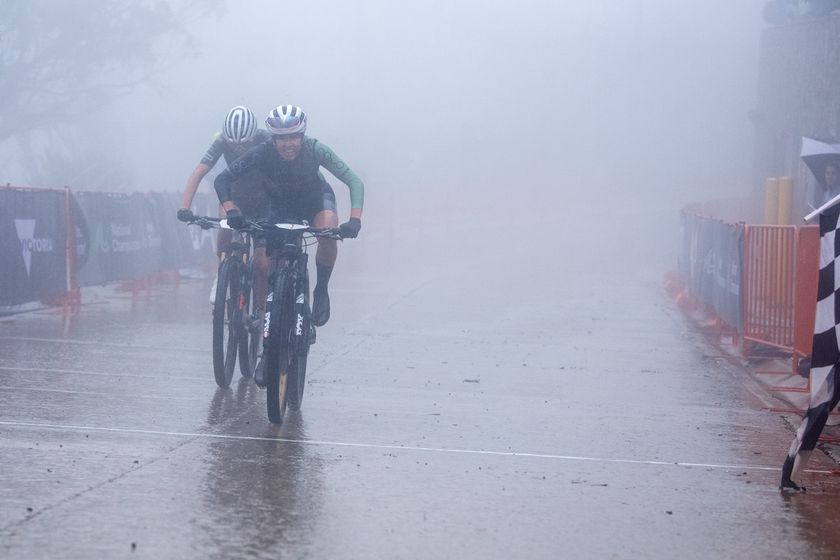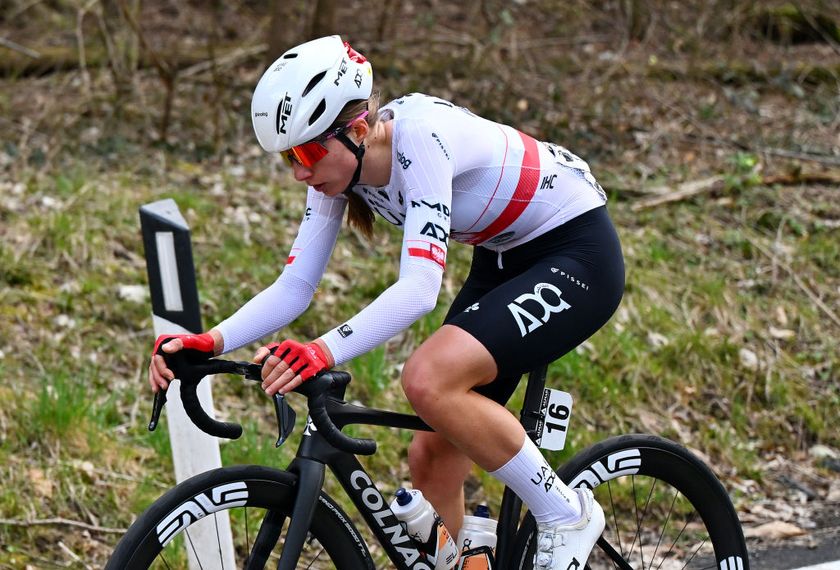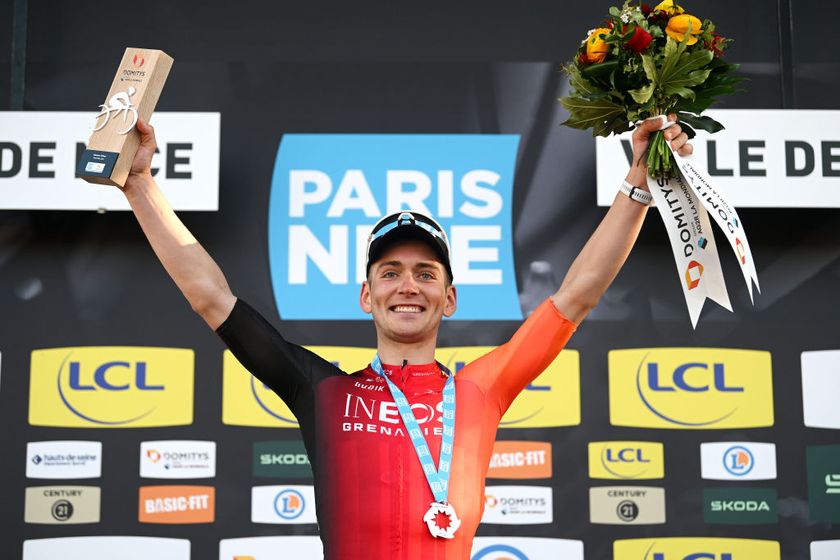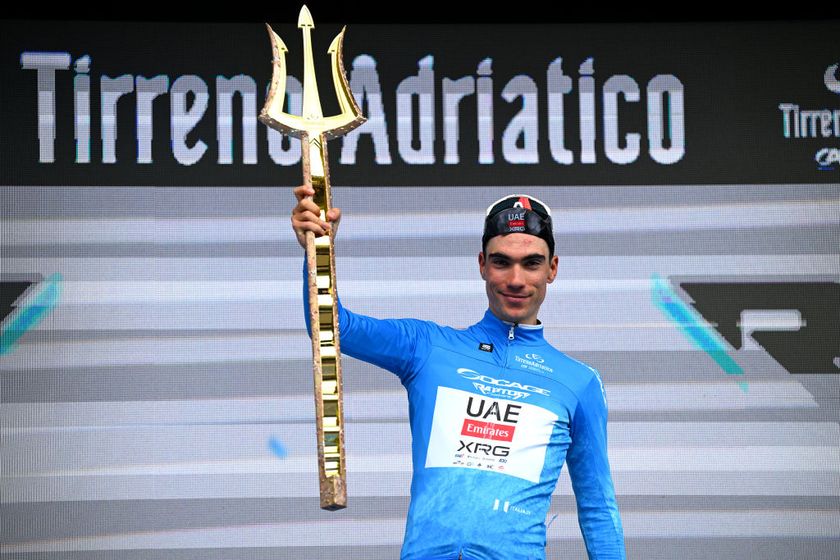Spanish court authorises release of Operacion Puerto blood bags to Italian Olympic Committee
Ruling could lead to identification of Dr Fuentes clients





Athletes involved Operación Puerto may finally be publicly named, as the Spanish Court overseeing the case has authorised the release of the remaining blood bags to the Italian Olympic Committee (CONI), according to Spanish newspaper As.
The Spanish Criminal Court 21 issued an order this week allowing the blood bags to be released to CONI and analysed in order to determine who was involved in the doping ring run by disgraced doctor Eufamiano Fuentes. Fuentes has reportedly filed an appeal.
CONI is the body responsible for tying new world champion Alejandro Valverde to the scandal, as their matching of his DNA with one of the blood bags led to the Spaniard's two-year ban from the sport between 2010 and 2012. Valverde said this week that he shouldn't be asked about Operación Puerto and anyone who does so is 'clueless'.
As reports that the Spanish court is now winding up Operación Puerto, a police investigation that began in 2006 and saw 211 blood bags seized from Fuentes' premises, with medication and IT equipment ordered to be destroyed. Blood bags, which had initially been ordered to be destroyed, were released in 2016 to the World Anti-Doping Agency (WADA), who are said to have been able to identify numerous Fuentes clients, but are unable to name them since the 12-year statute of limitations means they cannot open disciplinary proceedings against any athletes involved.
According to As, CONI has not submitted a formal application to the Barcelona laboratory where the blood bags are stored in a freezer unit, but the path is now clear to do so in what represents cause for optimism for those who have pushed to shed light on who was involved.
Operación Puerto exploded on the scene in May 2006, with the arrests of, amongst others, Liberty Seguros team manager Manolo Saiz and the brain behind the scheme, Dr. Eufemiano Fuentes. Clients are said to have come from a number of sports, but many of the big names in cycling were rumoured to have been involved, with Jan Ullrich, Ivan Basso, Michele Scarponi, and Valverde amongst those positively identified.
Valverde was initially suspected to have been involved and was suspended by the UCI in 2007, with that being overturned by the Court of Arbitration for Sport. At the 2008 Tour de France, on a rest day in Italy, CONI took a blood sample from Valverde which it later matched via DNA. In 2009, he was banned from riding in Italy for two years and then, after multiple appeals and court cases, the UCI finally issued a worldwide ban him for two years in 2010.
Get The Leadout Newsletter
The latest race content, interviews, features, reviews and expert buying guides, direct to your inbox!
